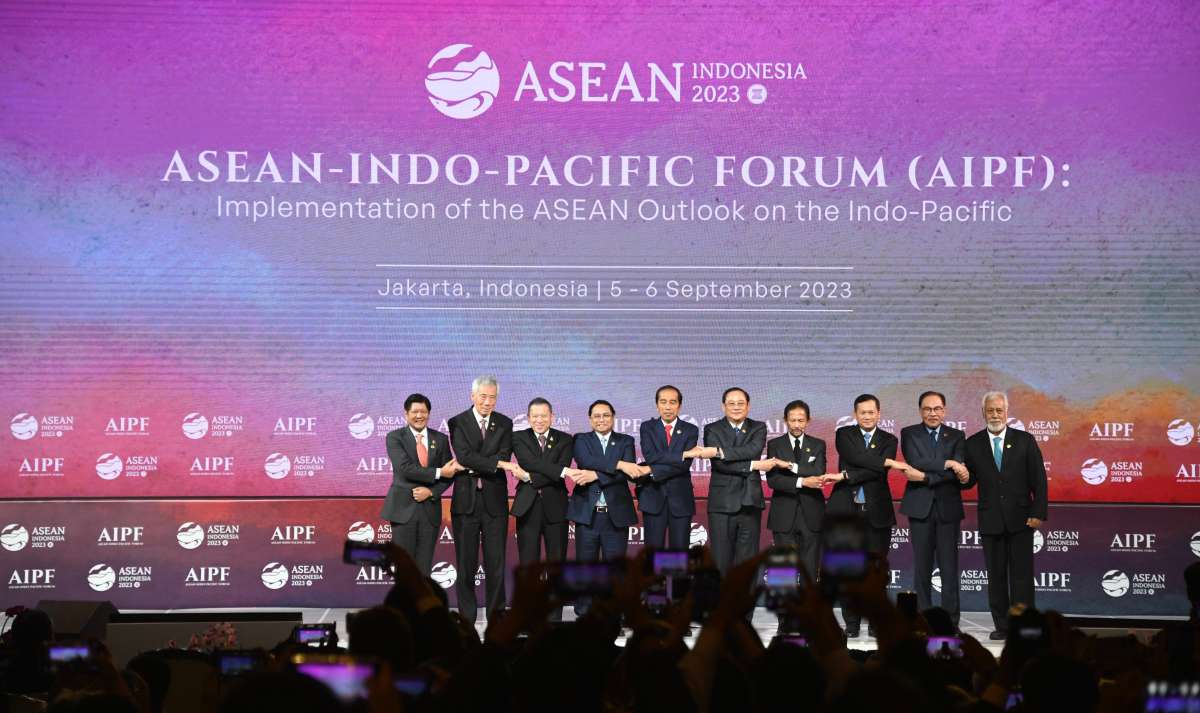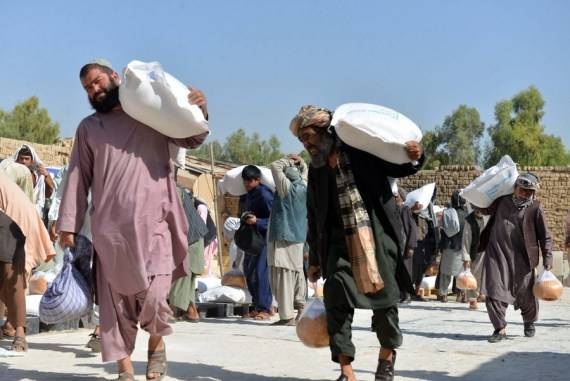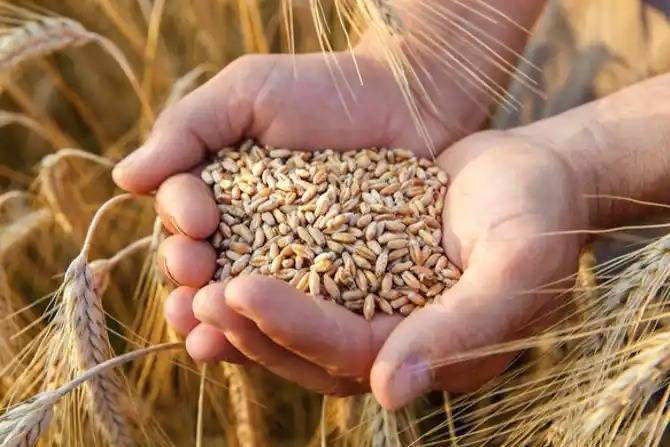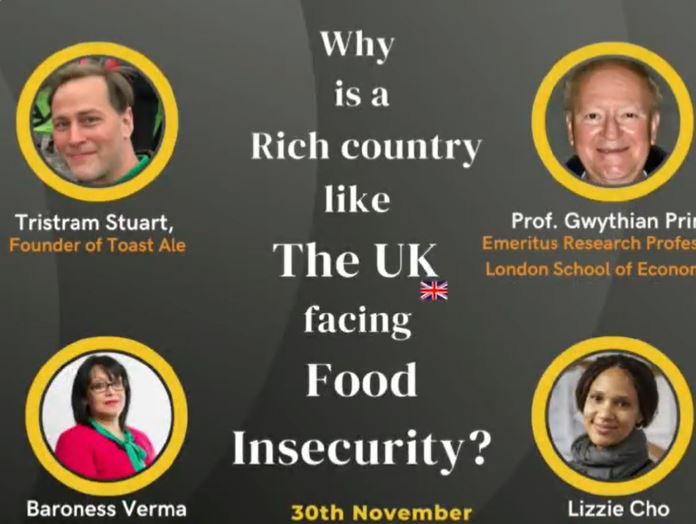The minister said the comprehensive discussion on LRBFR will be held at the 45th ASEAN Ministers on Agriculture and Forestry (AMAF) Meeting in October 2023…reports Asian Lite News
The leaders of the Association of South East Asian (ASEAN) countries have united in commitment to enhance food and nutrition security in the region as an effort to proactively address potential crises.
“This declaration focuses on two strategies to handle the food crisis. The first strategy is ASEAN’s quick action in dealing with the food and nutrition crisis,” Indonesian Agriculture Minister Syahrul Yasin Limpo noted in an official statement on Wednesday.
The second strategy is increasing ASEAN’s preparation to anticipate future food crises by strengthening the resilience and sustainability of the agriculture and food system, he remarked.
According to Limpo, the declaration was a proposal from the ASEAN Ministers on Agriculture and Forestry (AMAF). In AMAF, the ASEAN agriculture ministers see the need to respond to global challenges ranging from rapid population growth, recovery from the impact of the COVID-19 pandemic to geopolitical tensions and increasing the intensity of climate change.
Strategies in realizing food security and nutrition in responding to the crisis will be carried out through several steps, including encouraging each ASEAN member country to strengthen local resource-based food reserves (LRBFR) as a foundation to build joint food reserves in ASEAN dedicated to emergency preparedness and response, he noted.
The minister said the comprehensive discussion on LRBFR will be held at the 45th ASEAN Ministers on Agriculture and Forestry (AMAF) Meeting in October 2023.
“We need an increase in food supply to ensure the availability of adequate, affordable, and nutritious food, especially for the most vulnerable groups of people in ASEAN,” he remarked.
In addition, the minister stated that ASEAN ministers will strengthen the emergency food assistance program and the mechanism for releasing emergency rice reserves under the ASEAN Plus Three Emergency Rice Reserves (APTERR) framework.
Moreover, AMAF members have agreed to develop an action plan for the ASEAN Regional Guideline on Sustainable Agriculture as a guideline for implementing sustainable agriculture guidelines in each ASEAN country, he revealed.
“Facilitation of access to finance for small-scale farmers, adequate supply of fertilizers, and investments to realize resilience to the impacts of climate change and sustainable agriculture will also continue to be improved,” he remarked.
Programs to address food loss and waste (FLW), such as Food Rescue, Save Food, and Food Bank, will also continue to be promoted intensively, Limpo noted.






